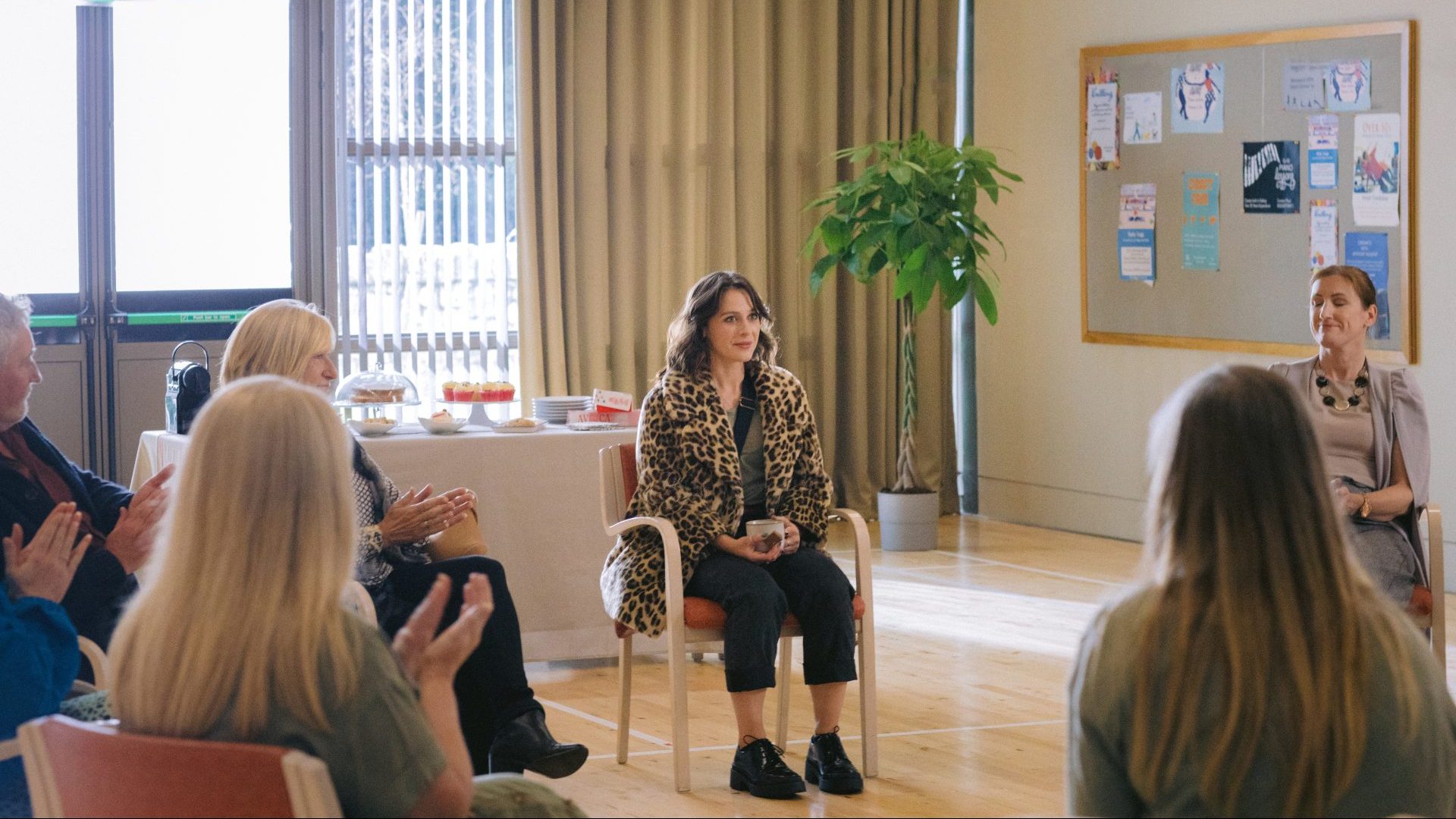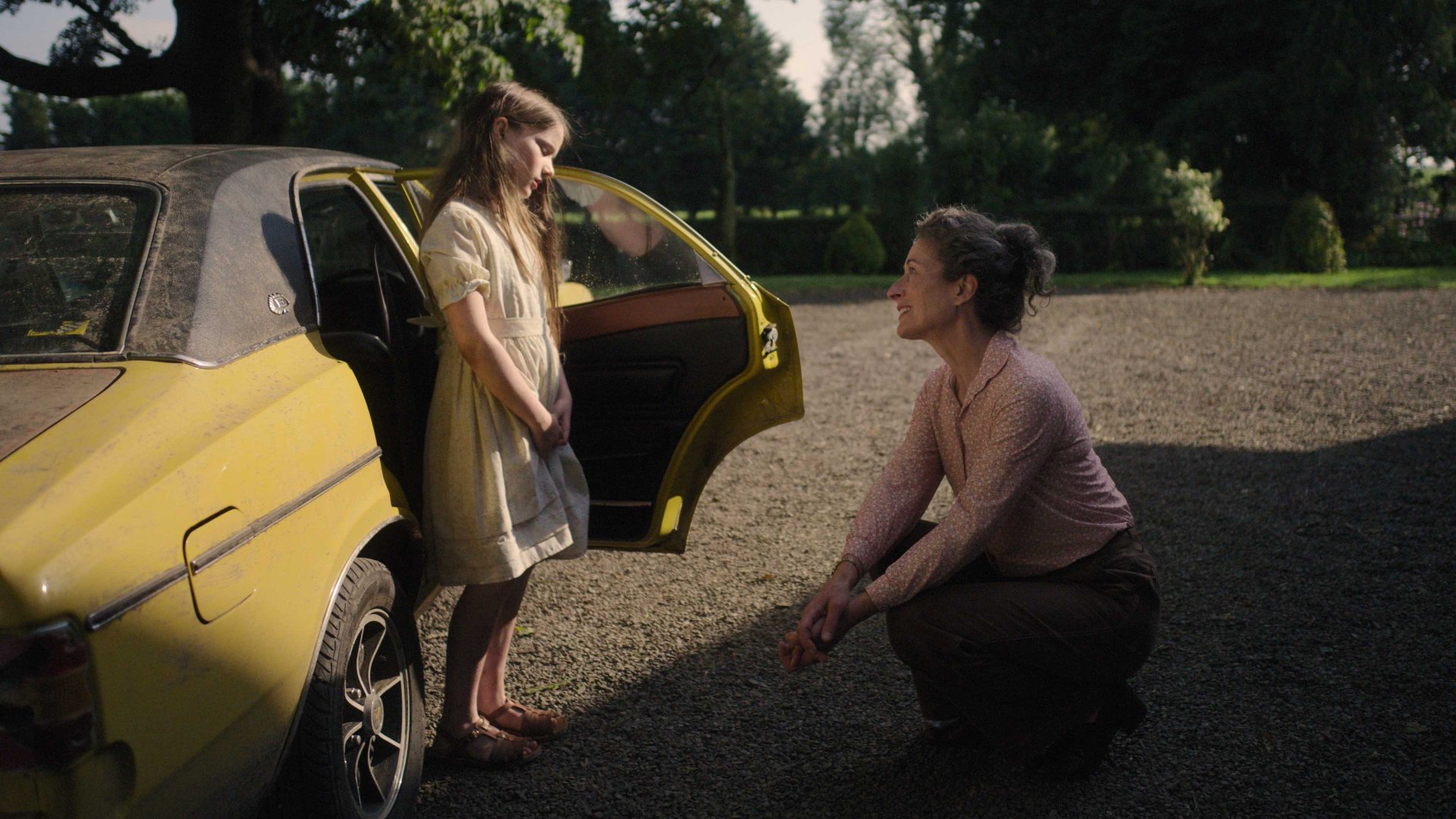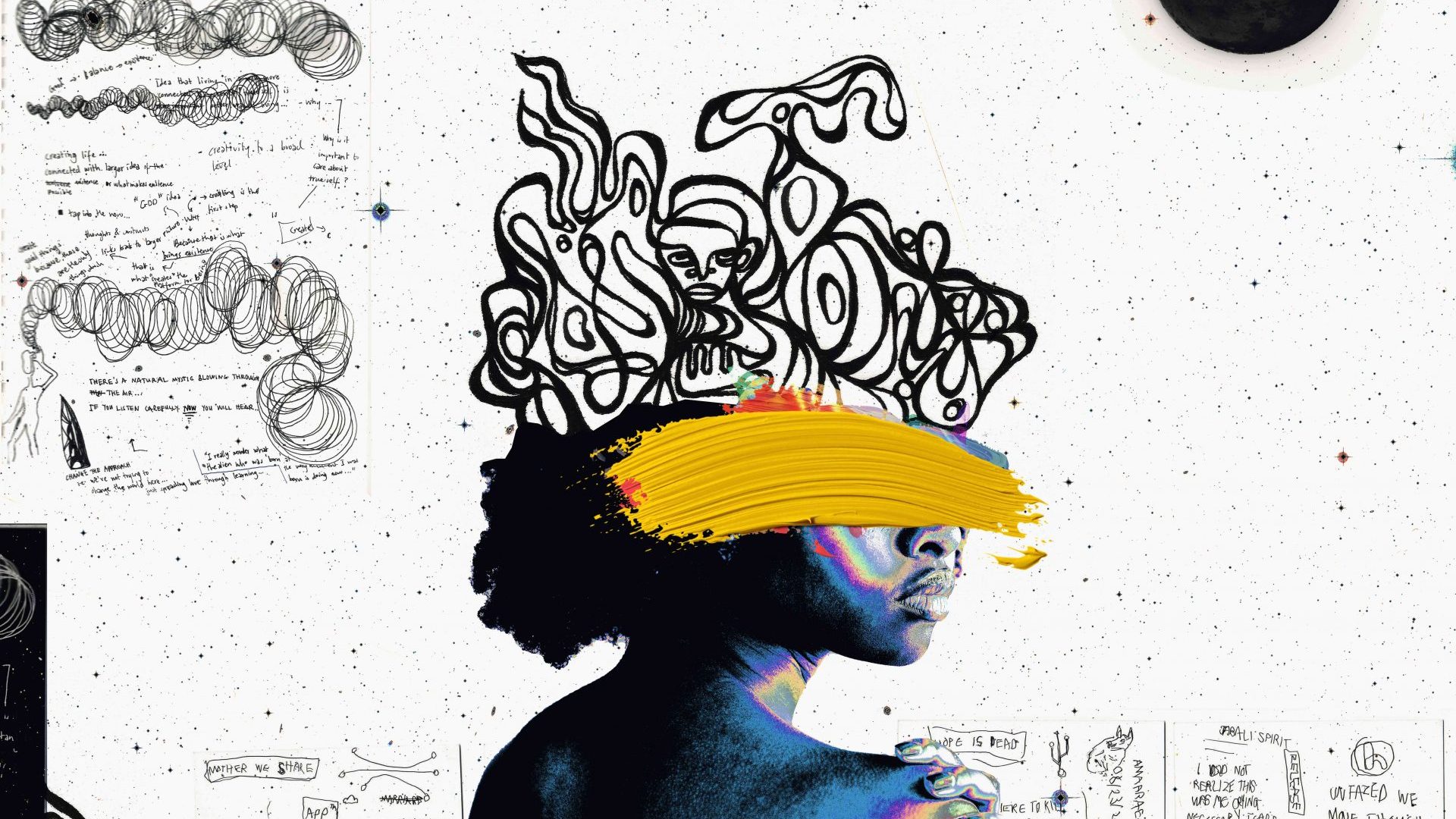An old friend of mine from Ireland and I have a similar guilty exchange every few years, the sort you only allow yourself to have with someone you’ve known half your life. The topic will come up of someone we vaguely
knew a hundred years ago when we spent all our time going out to indie
nightclubs and smuggling in bottles of vodka. The person will have posted
about getting sober, and one of us will say, “God, I didn’t know they were an
alcoholic. Do you think they really are one or just… you know?”
By this we mean is the person making a big deal out of not very much, did they have a serious drinking problem, were they just a bit overly fond of their Saturday night pinot grigio or had they experienced a struggle of the dramatic, cinematic variety? We know this is not OK to wonder, but in my defence when we speculate about this we are only voicing a pervasive attitude towards sobriety and alcoholism that exists in Ireland, one that looks at those who are vocal about abstention and says, basically, “Would you ever grow up and have a drink, or else be quiet on the matter for the rest of our lives?”
The Dry, a perfectly pitched and painfully funny new addition to the canon of works about Irish alcoholism, is characteristically brilliant about this suspicion with which Irish people regard the sober. Shiv Sheridan, played by a relentlessly magnetic Roisin Gallagher, is back in Dublin after the bones of a decade in London. There, she drank her way through her 20s and early 30s before sobering up a few months before her return to Ireland. She is in what
amounts to the embryonic stage of her recovery as she moves back in with
her family and tries to reintegrate herself with friends and Dublin, but is
imbued with the over-confident piety of the recently saved.
Shiv wants the glory of recovery without necessarily enduring the tedious and humiliating difficult work involved. Her sister Caroline (Siobhán Cullen) is a magnificently snippy doctor, the only responsible sibling in the family, and an amazingly accurate portrayal of a very specific kind of young, beautiful, exacting, prodigious female doctor that all of us flailing family losers dread being compared with. While Shiv complains about not being taken seriously or being allowed to move on from her mistakes, Caroline reminds her that she owes her thousands of pounds. Why should
she be allowed to move on if she hasn’t had the courage to face her mistakes?
The rest of the family are in their own individual realms of chaos, rarely
communicating openly enough to let them overlap. The parents are played
by a terrific, maudlin Ciarán Hinds as dad Tom and by Pom Boyd as their
frazzled, wry mam Bernie.
Here, they are experimenting with an open relationship to help quell their difficulties, which stem back to a family tragedy that is kept very much
hushed up until Shiv returns with her Americanised therapyspeak and enforced family meetings. The younger brother, Ant (Adam J Richardson), distracts himself from the troubled dynamics with a hedonistic and promiscuous streak, and Caroline is floundering in a 10-year-old relationship.
Meanwhile there is Shiv’s great lost love, the one that got away – several
times – artist Jack (Moe Dunford). He is initially the greatest temptation
away from sobriety, a seductive relic from a version of the past where
drinking was not sad but liberating. Outside her grandmother’s wake, he
swigs from a beer and leans in to kiss her without warning, telling her
fondly, “You’re still the same wild bitch you always were,” and it goes some
way to indicate how badly at sea she is without drinking that she seems
flattered by this description.
Jack is a great rendering of a certain kind of Irish hipster artist – believe me, for I have swum in those particular waters – and his sporadically dazzling attention gives Shiv a new sort of addiction. Indeed, this is one of the most insightful and truthful parts of the show; it bothers to look beyond classic redemptive narrative arcs, allowing us to see that drinking alcohol was only one part of what ails Shiv. She is still desperate and lost. One of the more objectively squalid things she does, sleeping with Jack while his girlfriend has a miscarriage scare, occurs when she is sober. There are no easy answers here, and the only certainty is that drinking makes Shiv’s problems worse.
This is typical of the sort of genuinely thoughtful and complex approach taken here to what can often be written reductively. Like the beguiling glass of uisce beatha itself – Irish for “water of life”, also to mean whiskey – this is
painful and sad territory that is also very funny and sometimes life-affirming. I think it’s going to mean something new and important to a lot of people who need it.
The Dry is streaming on BritBox




